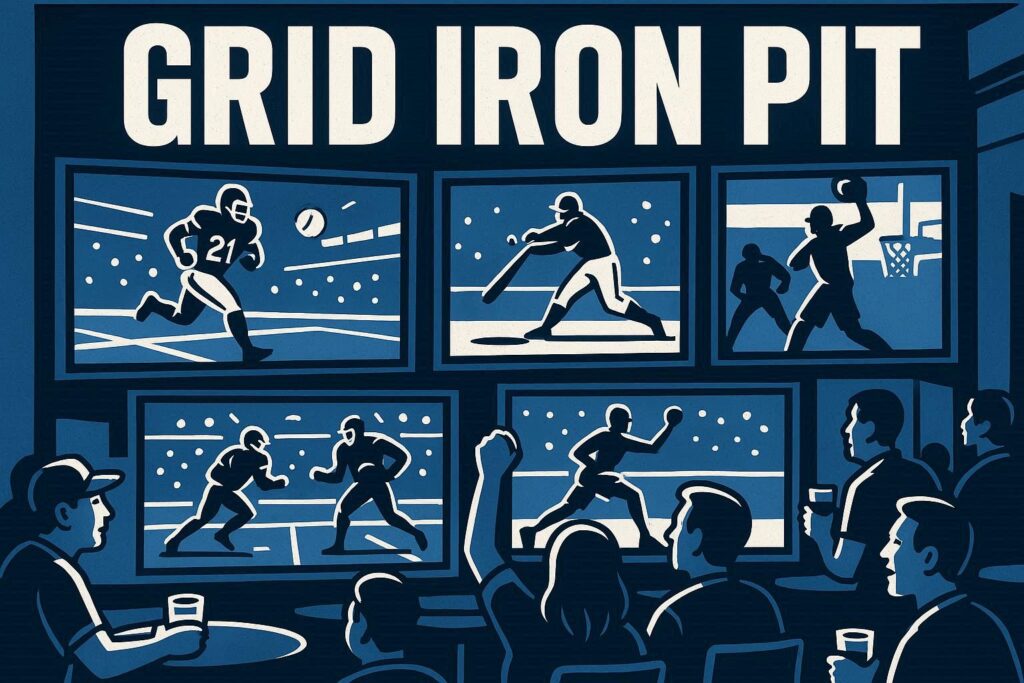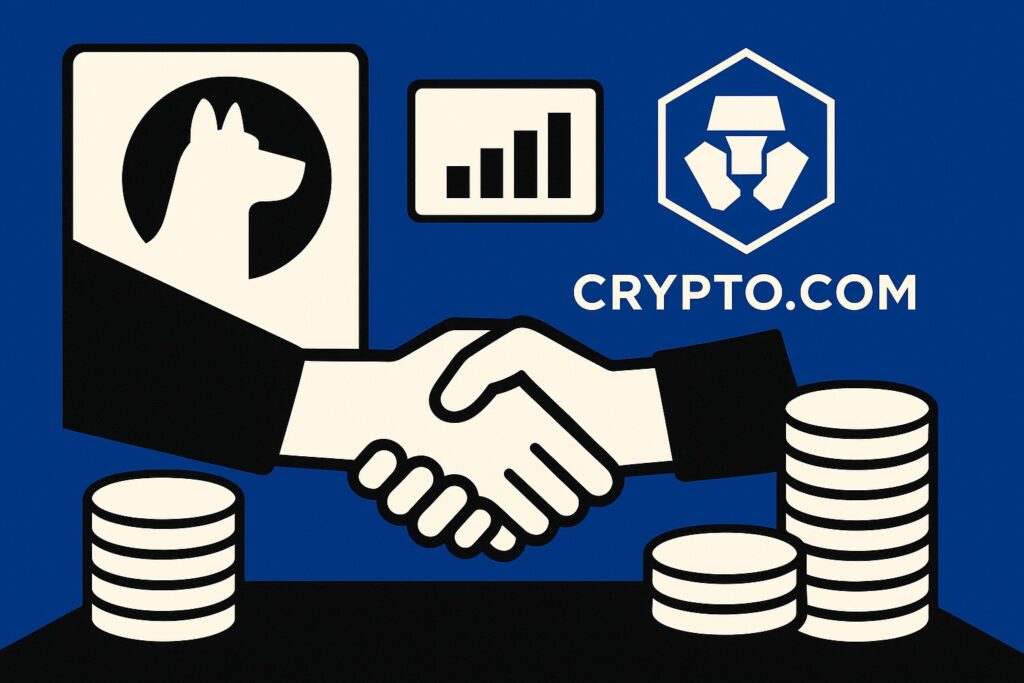As Ohio politicians debate the expansion of online gambling in the state, executives representing MGM and PENN Entertainment offered testimony for the House Finance Committee on legislation drafted by Chair Brian Stewart.
While the gaming companies support the legalization of online casinos, both want to make sure their current positions in the state are protected.
Support from these major industry stakeholders is key to getting any legislation passed.
So too, of course, is the backing of Gov. Mike DeWine, who is “reserving comment until a plan becomes more concrete,” his spokesperson Dan Tierney said in an email to Comped.
House Finance Committee Chair Brian Stewart is introducing HB 298, under which Ohio’s four casinos and seven racinos would be allowed to offer internet gambling on games such as slots, blackjack, poker and roulette.
SB 197, introduced by State Senator Nathan Manning, would allow online lottery games and horse race betting, in addition to online casino games.
As is typical with debates around the expansion of gambling, supporters in Ohio are playing up increased tax revenue, while detractors rally around concern for problem gambling. So far, DeWine is walking that line.
“There’s always a use for extra revenue. I think we have to weigh what the consequences of expanding gambling are,” the Governor said last week.
A committee hearing on SB 197 is scheduled for Thursday.
Protecting their turf
There are 11 brick-and-mortar casinos and racinos in Ohio – four stand-alone casinos and seven racetracks with video lottery terminals. PENN operates two of the four casinos and two of the 11 racinos, and it wants to keep online-only operators out of what it coincides its territory.
Stewart’s bill in the House narrows potential licensees to those 11 brands, but Senator Manning’s bill does mention “untethered operators using third-party platforms,” and although these entities would be taxed at a higher rate, SB 197 leaves the door open to the perceived threat
“We believe [online casinos legislation] needs to reflect the significant investment the incumbent operators have made in the state, minimize cannibalization of the existing casinos and racinos and protect the tens of thousands of direct and indirect jobs we represent,” Eric Schippers, Senior VP of Public Affairs and Government Relations for PENN Entertainment, testified to the House Finance Committee.
The “most expedient” path, per Schippers, is to license the state’s four casinos to operate online, and if iGaming were to be expanded to racinos as well, licenses should be limited to the 11 current brands.
“Conversely, allowing those without land-based operations in Ohio to show up and instantly compete against the established casino and racino operators would … have a damaging impact on the state’s existing brick-and-mortar gaming industry.
“These companies have made no significant investment in Ohio, have little to no employees in the state, and have no incentive to drive visitation to the eleven communities that benefit from their casino or racino partners across Ohio.”
Foreign invaders
Rick Limardo, Senior VP of Government Affairs for MGM Northfield Park, cautioned the House committee about another threat to Ohio’s casino industry: black-market operators.
Keeping tax rates in check is “critical to stamping out unregulated online offshore operators and to recognize the already significant tax revenues that incumbent casino and racino gaming operators already produce for the state,” Limardo testified.
HB298 calls for a 28% tax on online gambling revenue.
The tax rates under SB 197 are steeper – 36% of revenues for operators with existing brick-and-mortar casinos and 40% for untethered operators. That’s in addition to a $50 million initial license fee and $5 million renewal fee for the former, and $100 million and $10 million for the latter.
The proposed rates in the Senate bill would put Ohio somewhere in the middle between neighbors Michigan, which taxes online casino gaming revenues at 20-28%, and Pennsylvania, which imposes a 54% tax on online operators.
While Ohio is one of many states that has banned the operator, Limardo mentioned Bovada as a prime example of offshore companies that “continue to capitalize on existing demand for iGaming and the lack of a legal, regulated alternative.”
Close the loopholes
Sweepstakes casinos, operating firmly in the gray market in states they haven’t been kicked out of yet, represent another threat, Limardo made sure the committee heard. HB298 would ban sweepstakes casinos in Ohio.
“These platforms, many of which are onshore with headquarters in the United States and whose apps are readily available on major online stores for download, take advantage of legal loopholes around sweepstakes and provide customers the ability to play casino games or substantially equivalent games with similar statistical odds of winning,” he said.
“This illicit sweepstakes industry is not subject to any state gross gaming tax; does not offer any meaningful responsible gambling tools; and does not employ sophisticated KYC, identity- or age-verification processes – to the contrary, most of these platforms allow prospective customers to simply check a box and self-certify that they are of gambling age.”





